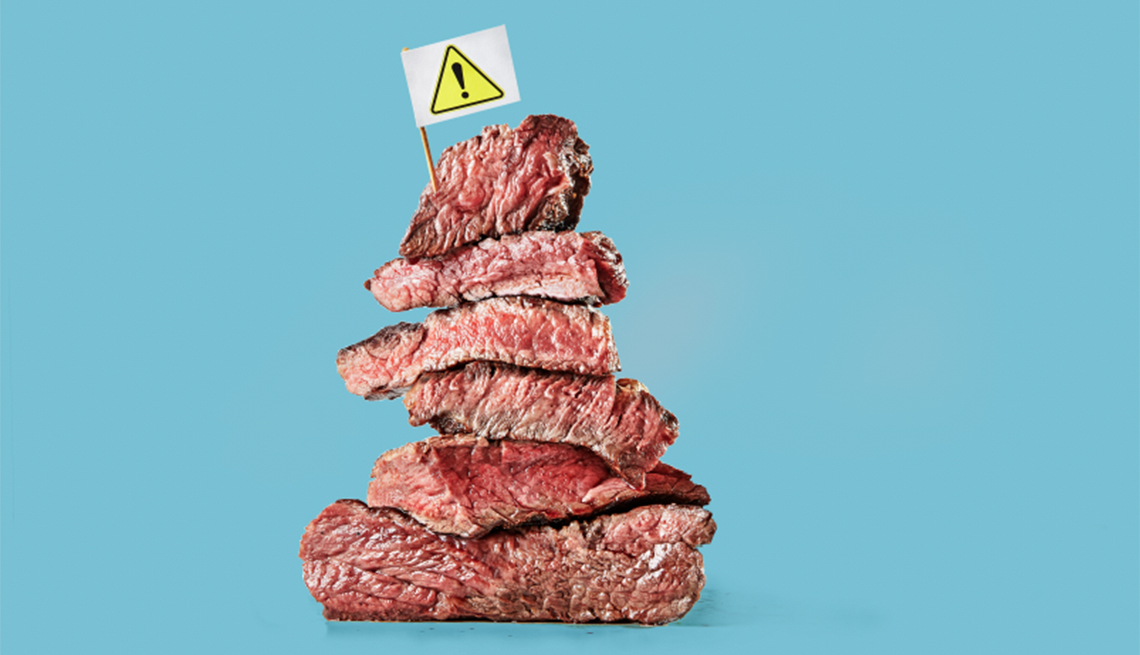
- Select a language for the TTS:
- UK English Female
- UK English Male
- US English Female
- US English Male
- Australian Female
- Australian Male
- Language selected: (auto detect) - EN
Play all audios:
WHY? With the standard peer-review process used by reputable journals, two or three qualified experts look at every paper. If the study's particularly provocative and a reviewer says it
should be rejected, the journal usually does so. My colleagues and I at the True Health Initiative have heard from three reviewers who say that they actually recommended that the journal
reject the papers. A group of us wrote a letter to the journal asking them not to publish. Fourteen experts signed it, including a former U.S. surgeon general and a leading nutrition expert
at Stanford University. Walter Willett, the former chair of nutrition at the Harvard School of Public Health, said that this is the most egregious abuse of evidence he's seen in his
entire career. IF I DO EAT MEAT, HOW DO BEEF, PORK AND LAMB RANK, HEALTHWISE? IS ONE BETTER THAN THE OTHER? In terms of health, the cut and how the animals were raised are really the most
important issues. Lean cuts are better than fatty ones, and the best animals are raised in pastures that give them access to native diets. Pigs should be able to forage, and cattle and sheep
like a variety of grasses. If you follow those guidelines, then overall, the meats are fairly similar in terms of their health effects. IS IT BETTER TO CHOOSE TURKEY BACON AND CHICKEN
SAUSAGE? OR DOES THE PROCESSING UNDO ANY HEALTH ADVANTAGES? Other ingredients being comparable, you'll get some health benefit by switching from processed red meat to processed poultry.
But not much. ARE THE NEW MEATLESS MEATS A BETTER OPTION? Meat alternatives pose less cancer risk than processed meats, like bacon and sausage. But whether an Impossible Burger or a veggie
burger is better than lean, pasture-raised meat — that's less certain. The products are highly processed, and processed foods have been implicated in all sorts of health problems,
including obesity. I'd say meat alternatives are better for the environmental impact alone, but nothing will beat whole plant foods. SO HOW MUCH MEAT IS SAFE TO EAT? The World Health
Organization has identified processed meat, like pepperoni or bacon, as a carcinogen; there's no benefit to eating any amount. With red meat, the advice is no more than three servings
per week. But replacing meat with vegetables, fruits, whole grains, baeans, nuts and cheese shows dependable reductions in mortality and disease. So somewhere between zero and three servings
per week is a good recommendation. _Clint Carter is a journalist and television host specializing in food and nutrition._








